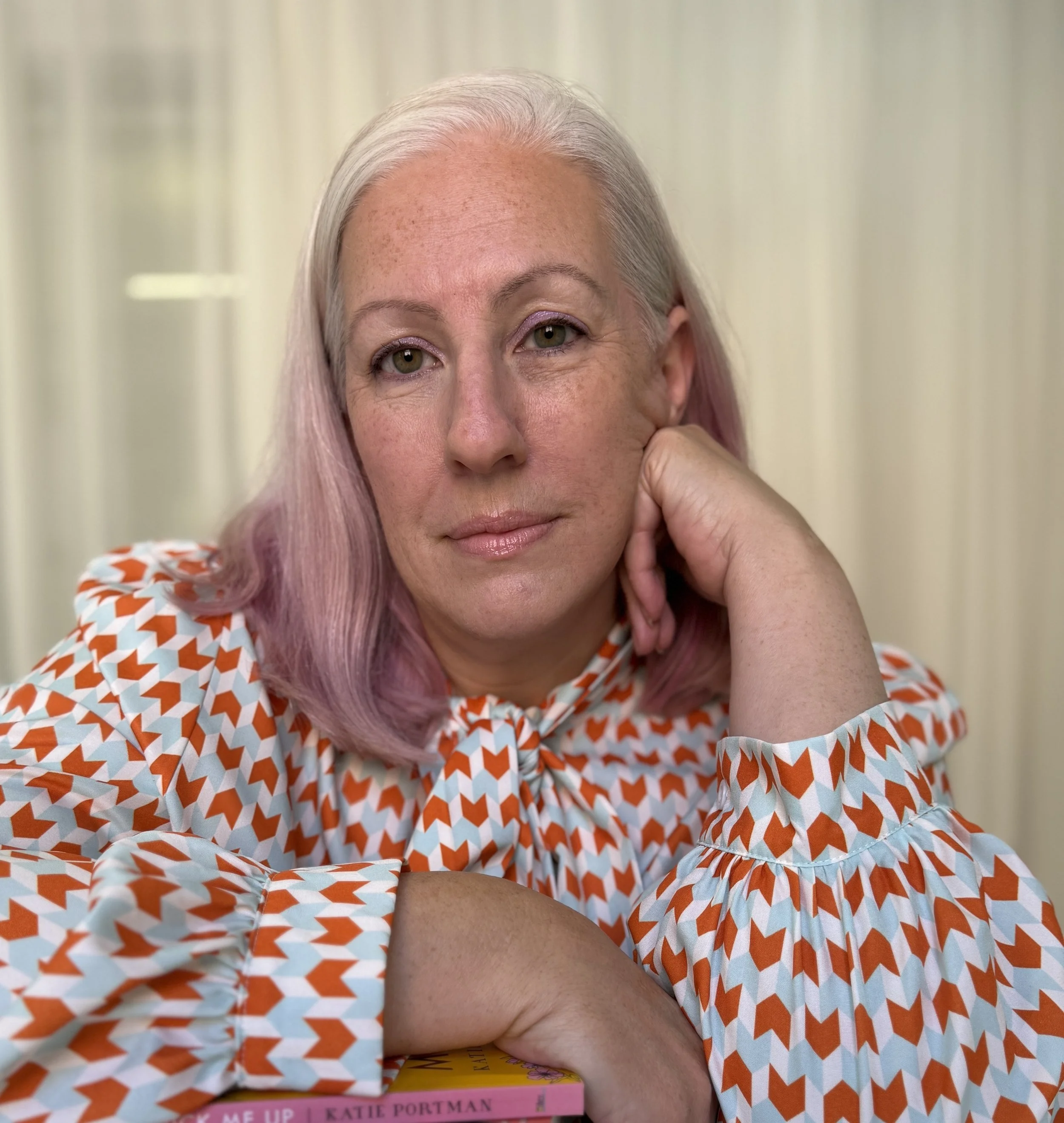Will AI be the next frontier of inequality or a new dawn for women?
Every day, there’s a post or article about AI that suggests it’s going to transform the world. But whose world, exactly?
A recent article on LinkedIn flagged an uncomfortable truth: AI is expected to impact women’s jobs more than men’s. According to research from the International Labour Organization, roles typically held by women, such as secretarial or administrative positions, are nearly three times more likely to be automated than male-dominated roles.
At first glance, this feels like yet another case of women bearing the brunt of change. But the implications of this run far deeper than numbers on a chart. It’s not just a workplace issue, it’s a reflection of how society values certain kinds of work, and the people who do it.
What makes work replaceable?
Jobs at risk of being automated are those considered repetitive, structured, and easy to model. But what if those roles are only seen that way because they’ve never been fully appreciated?
Administrative work, for example, isn’t just about calendars and inboxes. It involves emotional intelligence, the anticipation of needs, and the management of human dynamics. These things are subtle and hard to quantify—precisely the kind of nuance that AI still struggles to grasp. And yet, when automation assessments are made, these human qualities tend to be swept aside.
If AI is trained on data that undervalues women’s work, it will reproduce those same biases at scale. In essence, AI doesn’t just reflect society, it reinforces it.
The freelance illusion
If you’re a freelancer or small business owner, you might think, ‘I’m not in a big corporation, so I’m more agile. I can pivot.’ That’s true…to a point.
AI offers freelancers an incredible toolbox: design generators, copywriters, schedulers, data analysts, all accessible at the click of a button. For many, it’s a revelation. But there’s a catch…these tools are also available to everyone else. Which means your edge, your niche, becomes much harder to defend if you don’t bring something uniquely human to the table.
The bigger question is: how do you maintain your voice and your value when the market starts rewarding speed and sameness over depth and originality?
The future isn’t just digital. It’s political
This isn’t just a technological transition. It’s a philosophical reckoning with what we value in human labour. And so far, the emerging AI ecosystem has been shaped mostly by a narrow demographic: male, white, and well-resourced.
If AI is the new engine of society, and if it’s trained, built, and maintained mostly by one segment of the population, we should be asking: whose needs will it serve? Whose voices will it amplify, and whose will it overlook?
AI is as biased as the world it’s built upon. The risk here is not just job loss, it’s the erosion of soft power, cultural influence, and the space women have carved out in the workforce over generations.
What could this mean for women?
Imagine a not-so-distant future where you walk into a GP surgery and every receptionist has been replaced by a cheerful but blunt chatbot. Or a classroom where pastoral care is delivered via algorithms. These aren’t wild sci-fi scenarios; they’re directions we’re quietly inching towards.
Think about the kinds of jobs AI is least likely to replace: nursing, counselling, early years education. All roles that involve empathy, patience, and a human presence—which are, again, heavily female-dominated. And, very often, underpaid and undervalued.
If we don’t shift the way society rewards these essential, human-facing roles, we’re not future-proofing jobs, we’re setting them up to be ignored or undercut.
Can women get ahead of the curve?
Here’s the paradox. AI could be an enormous opportunity for women…if they’re in a position to lead its development, critique its biases, and redesign it around inclusion and ethics.
But that means rethinking what empowerment looks like. It’s not just teaching women to code (though that's a good start). It’s also about teaching AI to see value in the things women already do.
We need policies that invest in female-led innovation, tech that accounts for diverse lives, and training programmes that bring underrepresented voices to the table before the systems are locked in.
Ultimately, the future is about agency. Do we let AI dictate the rules of the future workplace, or do we actively shape it into something better?
If AI becomes just another system that mirrors and amplifies inequality, then yes, women will suffer the most. But if we treat this as a moment of reinvention, there’s hope. Not just for women, but for anyone whose skills and stories don’t fit neatly into data columns and code.
The question isn’t whether AI is coming for our jobs. It is. The better question is: who gets to decide what counts as valuable work in a world run by machines?
That’s a future still being written. And it’s far too important to leave it to chance—or to historic, default settings.

